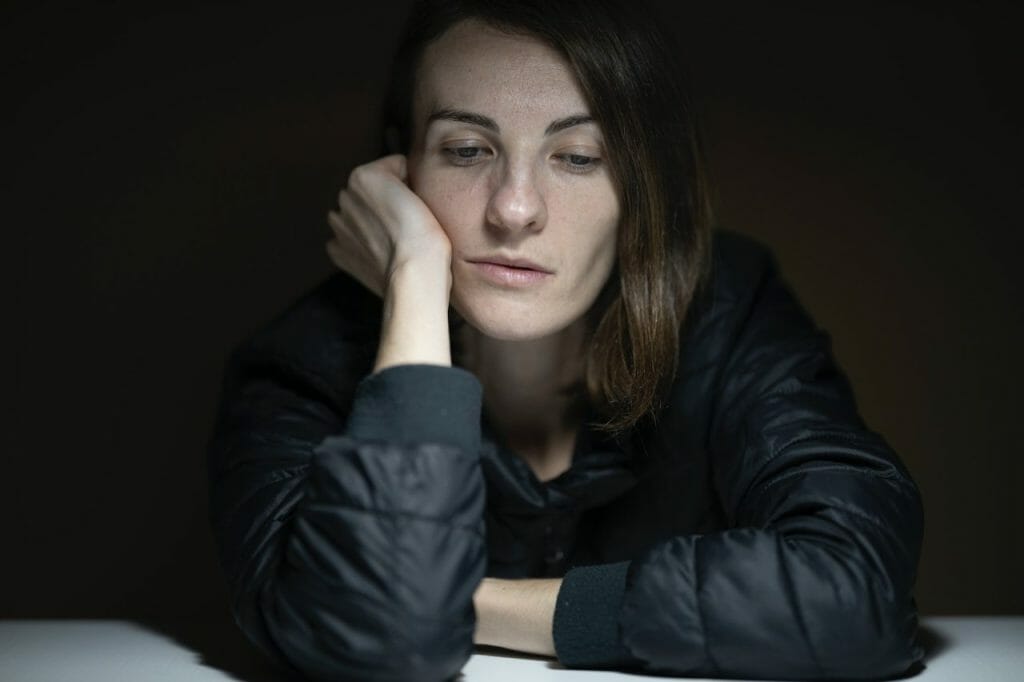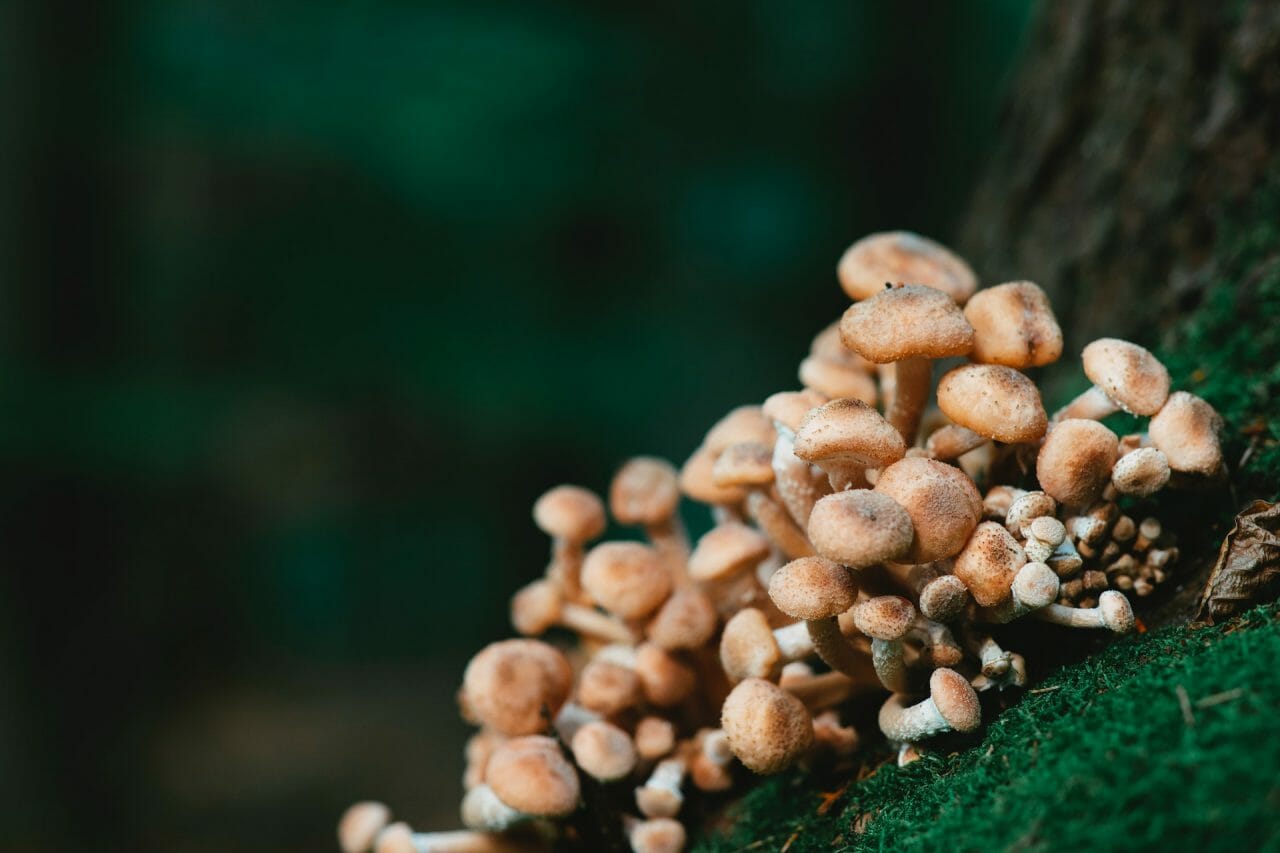According to the World Health Organization (WHO), depression is a global concern affecting more than 264 million people worldwide.
Despite the effectiveness of conventional treatments, they often fall short in addressing the complex nature of depression. This issue has led to an increased interest in alternative therapies. Particularly, the use of psilocybin-rich mushrooms, sourced from a mushroom dispensary, as a potential treatment for depression, is gaining scientific and public attention.
Let’s delve into the world of mushroom dispensaries and their role in treating depression, and consider some compelling statistics that underscore their potential to revolutionize our approach to this serious global mental health problem.
Key Highlights:
- Mushroom dispensaries offer alternative depression treatments via psilocybin-rich mushrooms.
- Research suggests that psilocybin can contribute to substantial and long-lasting reductions in depression symptoms.
- Psilocybin therapy is part of a new wave that’s reshaping mental health care.

Understanding Psilocybin and its Therapeutic Potential
Psilocybin is a natural compound found in certain mushroom species, often referred to as “magic mushrooms.” When ingested, the body converts psilocybin into psilocin, which interacts with the brain’s serotonin receptors, leading to significant changes in perception, mood, and consciousness that are typically associated with psilocybin use.
Research into the potential of psilocybin as a depression treatment has yielded significant findings. Clinical trials and studies demonstrate that a single, well-controlled dose of psilocybin can result in substantial reductions in depressive symptoms. Patients have reported long-lasting and transformative impacts on their mental health and overall quality of life.
These findings have triggered an uptick in interest and investment in exploring psilocybin as a unique depression treatment alternative, especially for those who have not benefited from conventional therapies.
Encouraging Results from Magic Mushroom Treatment for Depression
DispensariesPsilocybin-containing mushrooms, also known as magic mushrooms, have recently gained attention for their potential to alleviate depression symptoms. Let’s explore the various types of magic mushrooms and assess their potential therapeutic benefits for depression.
| Species of Magic Mushroom | Characteristics | Potential Depression Benefits |
| Golden Teacher | A popular psilocybin mushroom known for its golden cap. | It could potentially reduce depressive symptoms and boost emotional well-being. This species promotes introspection and self-reflection, potentially aiding individuals in gaining new insights into their depression. Some users report feelings of unity and interconnectedness, which may counteract the feelings of isolation often associated with depression. |
| Psilocybe Cubensis | One of the most common magic mushroom species. | Known for inducing positive mood changes and shifts in life perspective. It could enhance emotional processing and help individuals address their depression’s root causes. The altered consciousness it promotes may enable users to break free from fixed thought patterns and foster a more optimistic mindset. |
| B+ | Distinguished by its large, bulbous fruiting bodies. | May lead to significant and long-term reductions in depressive symptoms. Users often describe gaining a clearer understanding of their emotions and life circumstances. The therapeutic journey may assist in releasing suppressed emotions and trauma, thereby providing relief from depression. |
| Liberty Cap | Small, conical mushrooms found in various regions. | Known to elicit powerful emotional experiences that can positively impact depression. Users often experience increased empathy and sensitivity during Liberty Cap trips, which can foster emotional healing and connection. The deep and immersive nature of the psychedelic journey may help individuals understand the root causes of their depression. |
| Penis Envy | Recognized by its distinctive, phallus-like shape. | Associated with deep insights and changes in depressive thought patterns. Users often experience ego dissolution, allowing them to confront their depression without the usual constraints of their identity. The intensity of the experience may lead to therapeutic breakthroughs and result in long-lasting improvements in mental health. |
| Blue Meanie | A potent strain identified by its bluish hue. | This hue is believed to promote a sense of calm and relaxation, thereby possibly reducing symptoms of anxiety and depression. Many individuals have reported experiencing inner peace and emotional release during their encounters with the Blue Meanie, which could potentially promote mental well-being. This particular strain, recognized for its mild yet introspective qualities, may be particularly suitable for those seeking a less intense psychedelic journey for therapeutic purposes. |
The Role of Magic Mushroom Dispensaries in Depression Treatment
Magic mushroom dispensaries, or stores, play a crucial role in treating depression by offering a supervised and regulated environment for those in search of potential therapeutic solutions.
The Function of Health Canada
In Canada, Health Canada serves as the federal agency responsible for ensuring the safety, effectiveness, and quality of therapeutic products, such as the psilocybin found in magic mushrooms.
Approval of Therapeutic Products
Health Canada has recently granted exemptions and approvals for the use of psilocybin in certain medical and research contexts for specific health conditions, including depression. This policy shift indicates a growing recognition of the potentially therapeutic properties of psilocybin.
Potential Therapeutic Uses
Magic mushroom dispensaries present a potentially innovative and promising therapeutic avenue for people struggling with depression. With the appropriate authorization and under certain conditions, individuals may utilize psilocybin therapy to alleviate depression symptoms.
A Supervised and Regulated Environment
Magic mushroom dispensaries provide a supervised and regulated environment for those seeking psilocybin therapy, ensuring the experience is conducted safely under the guidance of trained professionals.
Compliance with Health Canada Regulations
Dispensaries must adhere to Health Canada’s rules and guidelines when providing psilocybin-based products for therapeutic use. They play a critical role in ensuring adherence and that therapy is conducted responsibly and ethically.
Guidance for Undertaking Psilocybin Therapy via a Mushroom Dispensary
Initiating psilocybin therapy through a mushroom dispensary can potentially be a transformative and beneficial experience. However, it’s vital to proceed with prudence and care. Here are some guidelines to manage this process:
- Comprehensive Research: Begin by conducting an in-depth investigation on psilocybin therapy and the specific mushroom dispensary you plan to patronize.
- Seek Professional Advice: Before contemplating psilocybin therapy, consult a mental health professional or therapist who specializes in psychedelic-assisted treatment. They can assess your suitability for such treatment and provide valuable guidance.
- Choose a Dependable Dispensary: Search for reviews, endorsements, and evidence of compliance with local regulations.
- Understand the Process: Familiarize yourself with the entire therapy process, from the preparation stage and the psychedelic journey to the post-experience integration. Knowing what to expect can reduce anxiety and enhance therapeutic outcomes.
- Prepare Mentally and Emotionally: Prepare yourself mentally and emotionally for the journey. Set clear goals for your therapy session, and be ready to confront any challenging emotions or thoughts that may arise.
- Guarantee a Safe Environment: Ensure that the mushroom dispensary provides a secure and comfortable environment for your therapy session. This should include appropriate lighting, music, and the presence of trained facilitators to assist you if necessary.
- Follow Dosage Guidelines: Adhere to the recommended dosages from the mushroom dispensary or your healthcare provider. Avoid self-administration or taking unknown substances, as it can be hazardous.
Conclusion
Mushroom dispensaries offering psilocybin therapy have emerged as a hopeful alternative for treating depression. Despite the different legal and regulatory landscapes surrounding these establishments, a growing body of research and real-life experiences highlight their potential to alleviate depressive symptoms and provide individuals with new perspectives on their mental health.
As the field of psychedelic-assisted therapy continues to grow, the role mushroom dispensaries play in revolutionizing the depression treatment landscape offers hope to those seeking innovative mental health solutions.
Frequently Asked Questions
How do I find a reliable mushroom dispensary for depression treatment?
To find a reliable mushroom dispensary, extensive research is crucial. Look for establishments that follow local regulations and safety protocols. Seek advice from
Seek advice from healthcare professionals or people with successful personal experiences. Ensure to verify the dispensary’s credentials, including the qualifications of their facilitators and their commitment to ethical practices.
How long do the therapeutic effects of psilocybin therapy last in the treatment of depression?
The therapeutic duration of psilocybin therapy varies from individual to individual. While some might experience immediate relief, others may notice gradual improvements. Research indicates that benefits can last several weeks to months after a single session. However, the duration of these effects can also be dependent on the integration and ongoing support.
Can psilocybin therapy be used independently for depression treatment, or is it necessary to combine it with other therapies?
Psilocybin therapy is usually incorporated into a comprehensive treatment plan for depression. It can be combined with traditional therapies such as psychotherapy, counselling, or medication to enhance its efficacy. The choice of treatment approaches should be customized to the individual’s needs and based on the recommendations of healthcare professionals.
What other types of magic mushroom products are available for the treatment of depression?
Aside from conventional magic mushrooms, other magic mushroom products available for depression treatment include psilocybin microdosing capsules, psilocybin-infused edibles like chocolates or gummies, liquid extracts or tinctures, and psilocybin nasal sprays. These alternative psilocybin delivery methods provide a variety of dosing options and administration methods, including precision microdosing for subtle mood enhancements.
Related Article:





